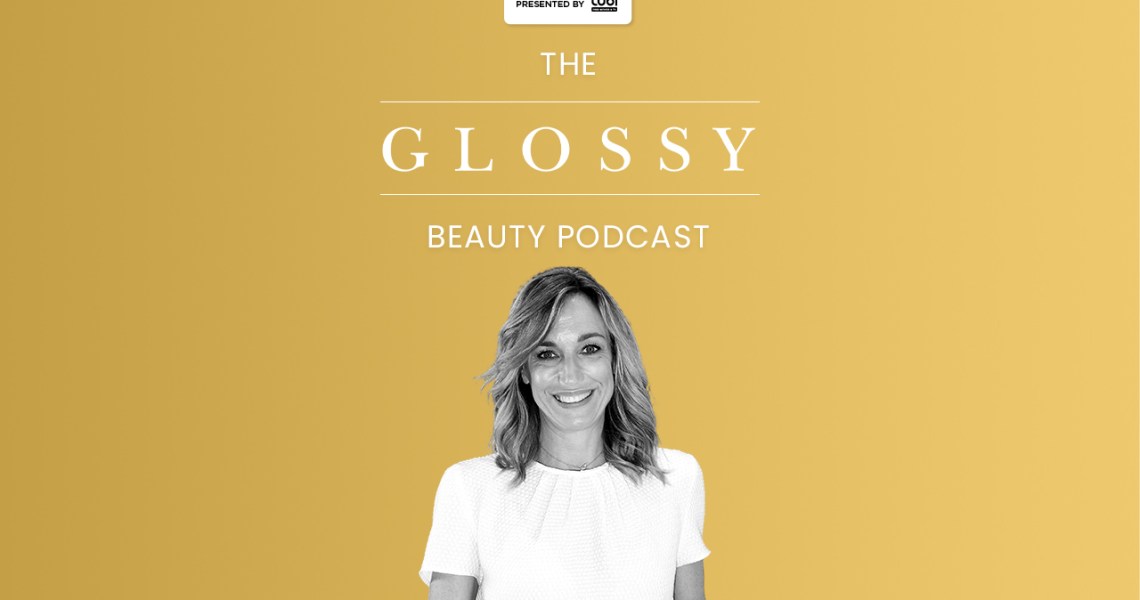Subscribe: Apple Podcasts | Stitcher | Google Play | Spotify
Fragrance isn’t what it used to be, according to Acqua Di Parma CEO Laura Burdese.
“I don’t wear a fragrance anymore to represent my personality to someone else,” Burdese said on this week’s episode of the Glossy Beauty Podcast. “I do it because of myself, because it’s part of my personal, intimate life.”
That’s partly due to the pandemic that is hitting with renewed strength, of course, both in the company’s native Italy and around the world. If people are still wearing perfume, they’re doing it for themselves.
“On top of fragrances, we’ve seen the rise of so many bath and body products and home fragrances like candles and diffusers,” Burdese said of the self-care momentum. “This is a shift that was probably somehow already there, but the pandemic really accelerated it.”
Acqua Di Parma’s customer base is slowly skewing younger, Burdese added. For those generations and overall, the meaning of luxury has changed from being a simple price bracket to requiring an emotional resonance with customers, “something they believe in and feel is relevant to them,” Burdese said. “To me, luxury is becoming something more personal.” And that, she said, is oftentimes “more difficult.”
Here are a few highlights from the conversation, which have been lightly edited for clarity.
Ad position: web_incontent_pos1
Why we wear fragrances
“Most people used to wear a fragrance for a social reason: I go out and wear a fragrance as part of my outfit. Since our social lives have been reduced over the last 10 months, fragrances have totally lost the social role. They now clearly play a different role, which is much more intimate and personal. The role has changed from a social one to a much more intimate, personal kind of pampering. I don’t wear a fragrance anymore to represent my personality to someone else. I do it because of myself, because it’s part of my personal, intimate life. This is a shift that was probably somehow already there, but the pandemic really accelerated it. I also believe fragrances have an incredible power to announce feelings and emotion, as well as the ability to unlock memories. I think that now that we’re entering the fall-winter season, people might want to use it for themselves as a sort of self-indulgence ritual. On top of fragrances we’ve seen the rise of so many bath and body products, and home fragrances like candles and diffusers. For the same reason, because people spend much more time at home, there is much more this trend for self-indulgence. I think fragrances are getting a central role in all these new, big trends.”
A changing customer base
“We’ve seen a shift in our customer base, but for the time being, not as big as you can imagine. In terms of target audience, Acqua Di Parma has always had a very solid base of super loyal customers who show great affection for the brand, but especially during these difficult months and the very beginning. They came to us, buying, calling our store, having home deliveries and so on. This part is our real big asset. By DNA, Acqua Di Parma has always been a unisex, genderless brand. Acqua Di Parma was invented by men, so at the beginning, it was a little bit more of a men’s brand. But over the course of the years, it has developed into a totally gender-neutral scent. Our fragrances are really made for a wide audience of men and women usually between ages 30-35 and 50. Of course, through digital channels, we enlarged our customer base during the lockdown period to a bit wider and you could say a bit younger customer base. But it’s not a big shift. We have seen a lot of new customers approaching the brand because we’re more present with our e-commerce. But it’s slow.”
What luxury means today — and why it’s a tougher game
“For us, luxury means being authentic and delivering a message. It’s not just about products, about quality, about accessibility or quality price ratio. I think today, people do not want to buy only into luxury products; they want to buy into messages and a purpose, something they believe in and feel is relevant to them. To me, luxury is becoming something more personal. It’s more difficult. A few years ago, luxury was really linked to a price position or to big brands or showing off logos. Today it’s much more subtle, conceptual, cultural. If you’re able to do that, you really create a stronger, emotional relationship with your target audience.”




